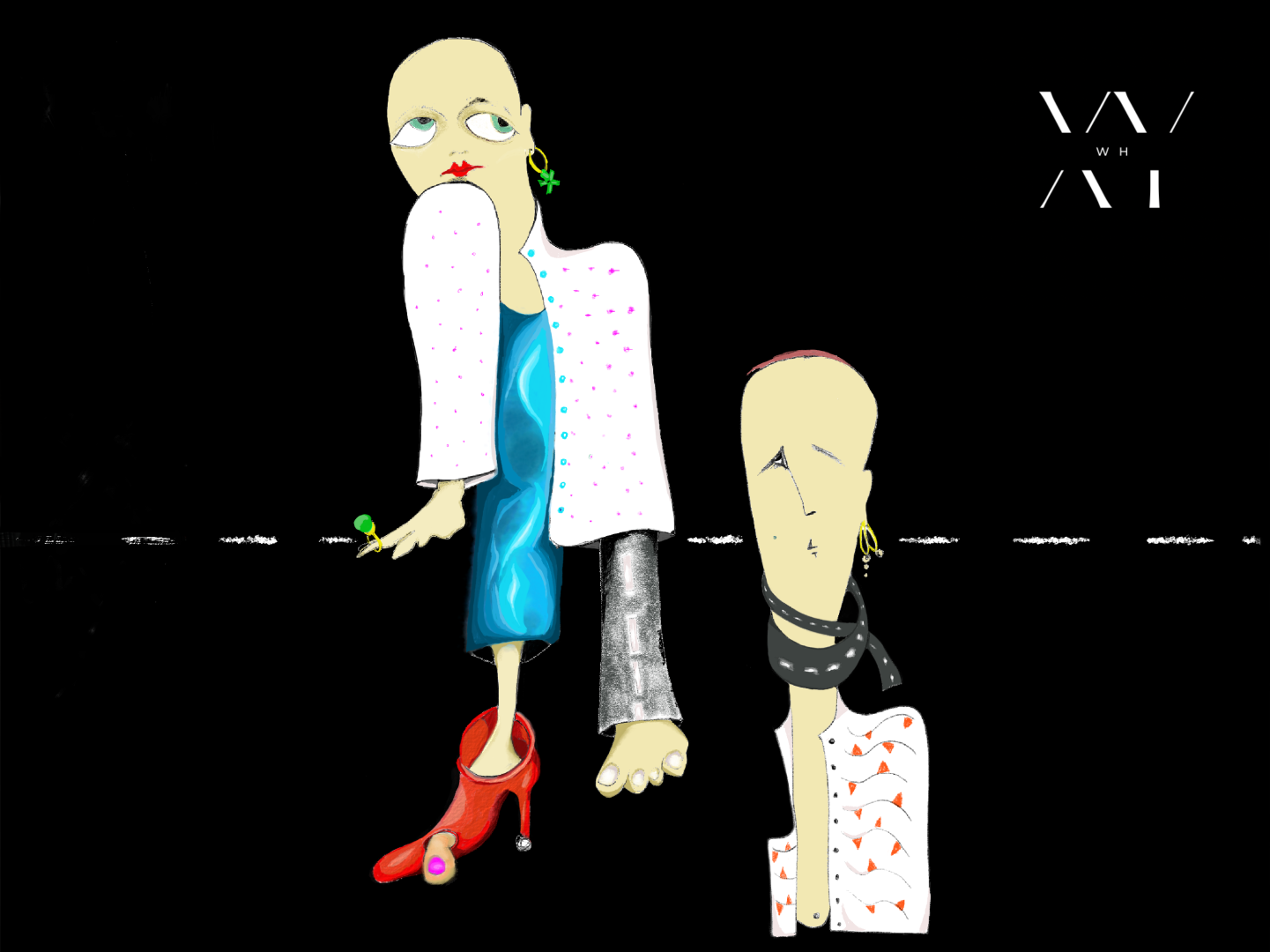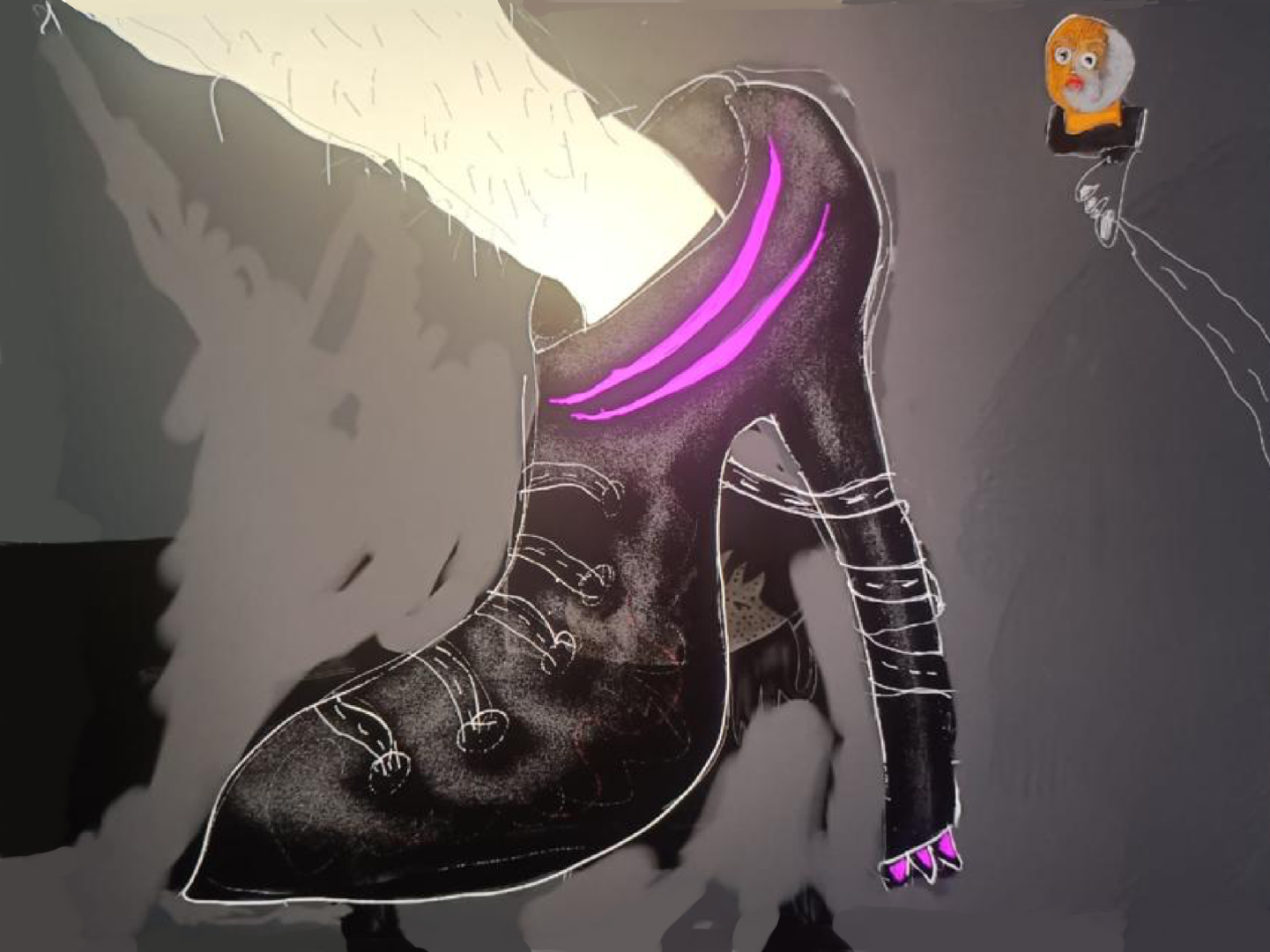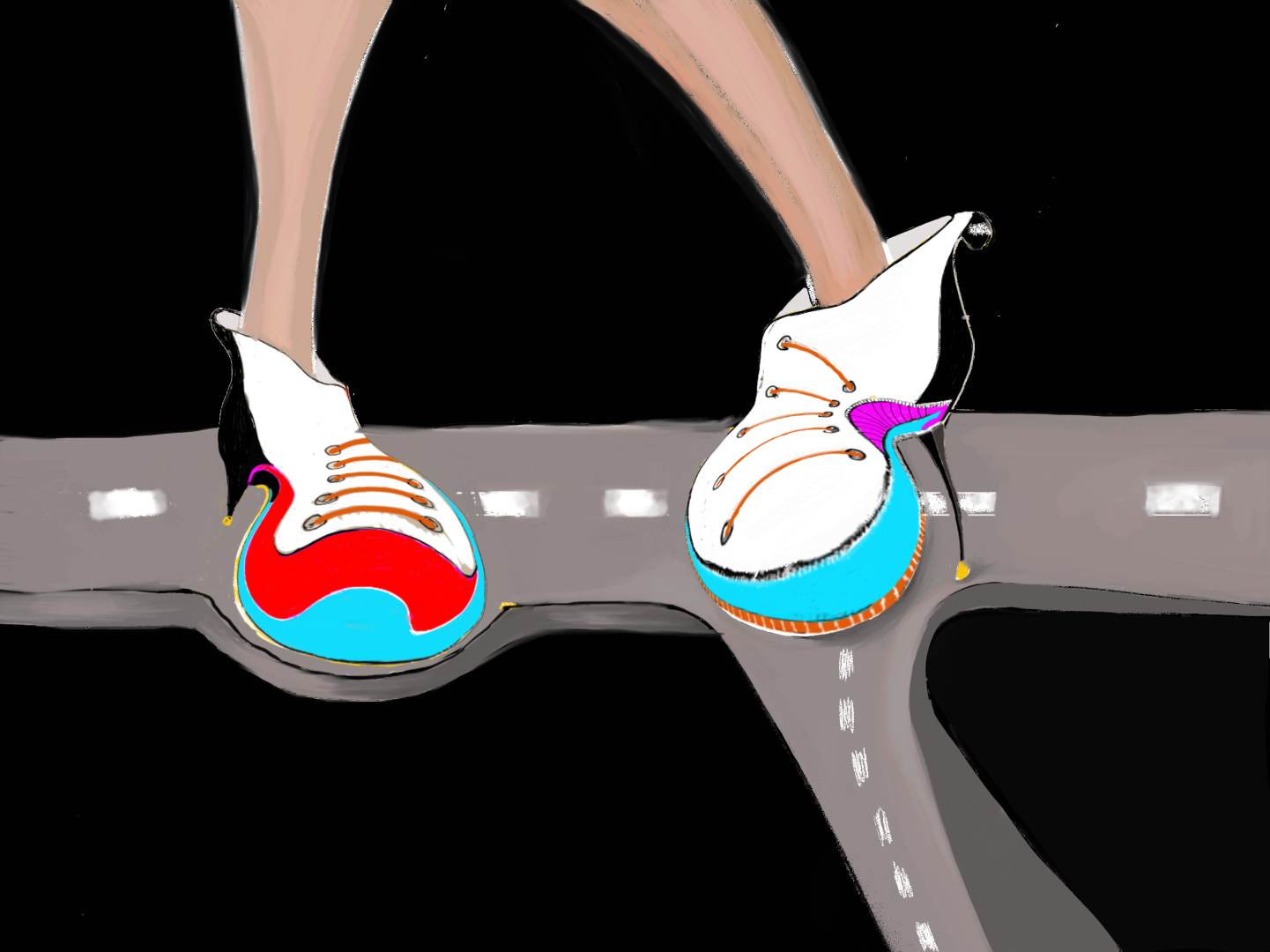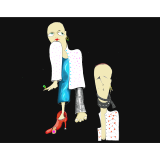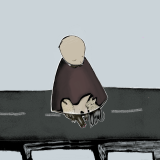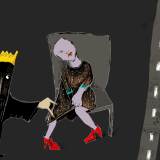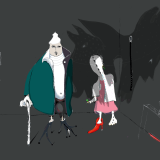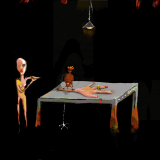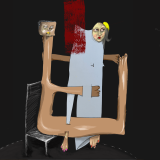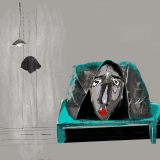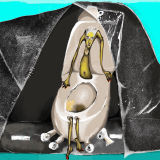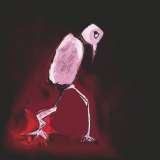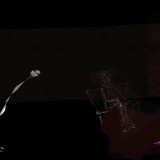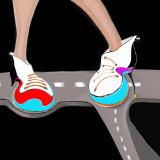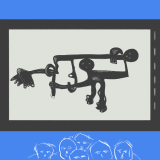In recent years, Syrian women have managed to progress into the ranks of decision-making positions, but this is still limited and insufficient. The obstacles are numerous, starting with the society and not ending with the elites, nor with the public and private circumstances, but it is certain that breaking the restrictions imposed on women requires a strong and organized civil movement, and, here, the international community bears a responsibility in this aspect.
Syrian women’s path towards political participation…

A political, moral, organisational, economic responsibility, etc, the responsibility for the continued grinding of Syrians by guns and war without being able to put an end to it, which allowed the de facto authorities to have the upper hand, the responsibility for the continuation of war crimes, arrests, violence and the repetition of massacres without stopping, so that non-stability and insecurity becomes the title under which Syrians live, so women become victims over and over again to a society that knows nothing but violence and the language of weapons, and the work to achieve the least of their “protection” rights requires huge and strenuous efforts that carry the risk of death, the responsibility for weak and ill-considered funding that leads to the absurdity of what is being achieved, the responsibility of being deaf to hear the many honest clear voices that need no interpretation, and the result is what we suffer today on the path of pain to achieve the axioms of women’s rights. SFJN *
The absence of community awareness of the importance of women’s presence in decision-making posts away from the stereotyping of women as working only in the educational or medical sectors poses a challenge to the work of organisations that support and empower women. It forces them to take shy steps so as not to provoke society.
Many women expressed their wish to work in the political field in previous political workshops. They seek to empower themselves politically, but they fear public appearances because any female political participation would be perceived with harsh reactions from society. Enab Baladi *
Yes, but you are different from the others
Women and politics… A translated article, published in 1971, in Socialism and Democracy. Aljumhuriya *
“After the election, a female member wrote an angry letter to the editorial board of the monthly magazine, published by the Labour Party, expressing her discontent at the small number of women elected. The letter was published, forwarded by an editorial comment that the desire is there, but it is difficult to find women candidates. This answer is not wrong as much as it is incomplete. If it was complete, it would also include that the party never tried to organise society in such a way as to allow women to run for themselves, nor did it seriously think about how to make women candidates. The efforts of our party (and other parties) do not go beyond the selection committee of several adequate women’s cadres in the shortlist, and presenting them with an encouraging word, not devoid of slogans of liberation, delivered by the committee chairman.
“The first generation of women politicians had to prove their worth by preoccupying themselves with public policy. They believed that they were the vanguard behind which a large army was coming: if one sheep crossed the fence, the others would follow. Therefore, they were not interested in investing in politics – and what applies to politics also applies to other sectors – for the purpose of drawing up a plan for the benefit of their fellow women (even if they used to take action on that front when it was necessary). This is because they considered politics a means to prove that women are capable of doing men’s work: as soon as they provide evidence, the path will be paved to dignity.
“But fifty years later, it is clear that things did not go as expected. We still have only one sheep, which is what is called, behind the scenes, symbolic representation. The reason is that we belong to minorities: if one of us succeeds, she will be considered the exception that proves the rule, but if she fails, they will mutter, ‘Didn’t we say so?’ Positive material is not taken into account, but negative material is conclusive evidence. The only thing a woman who succeeds will get is to be told: Yes, but you are different from the others.” Aljumhuriya *
Intersectionalising it, not adapting it
The truth is, the topic took me a while because it is complicated, and because this time we will upset some of the feminists (both men and women) who hold the sword of feminist and political correctness without the guts to problematise concepts and intersectionalise them with our own gender problems. I am specifically calling for intersectional thinking, not to “adaptation”, vis-à-vis these concepts, and by “intersectional” I mean exactly the well-known feminist concept, which is the intersection between feminist and gender issues with all political issues. Aljumhuriya *
How can intersectional feminism be Syrian?
“What the intersectional approach represents as a critical and analytical approach is not limited to the situations from which Crenshaw started, but rather allows for in-depth exploration of all areas from which complex and intersecting discrimination arises, and thus focuses on different human experiences, especially for marginalised groups who are most vulnerable to discrimination. From this standpoint, I find it applicable in the Syrian context, which carries with it a great diversity of identities and had a profound impact on the emergence of complex and intersecting forms of discrimination and violence. Therefore, the analysis of these identities and their interrelationships and their connections with centres of power, based on the intersectional prism, helps to understand more accurately and deeply the conditions of women within these identities and their impact on the current conflicts in Syria. It contributes to drawing up future policies in a more just and equitable manner. For example, the intersectional approach contributes to a deeper analysis of the situation of Syrian refugee women, who are subjected to intersecting forms of discrimination and violence according to their positionality within locations of marginalisation or privilege, according to their different affiliations (race, social class, religion, national origin, disability, educational level and sexual orientation) that combine to form each woman’s unique experience of oppression.
“Studying the conditions of refugee women from an intersectional perspective helps in analysing the patriarchal structures from which they suffer their oppression. This contributes to dismantling these structures and contributes to defining needs in a more accurate and appropriate way to their actual needs, without condescending to them and placing them within preconceived stereotypes.”
From an interview conducted by Alia Ahmed with Aljumhuriya *
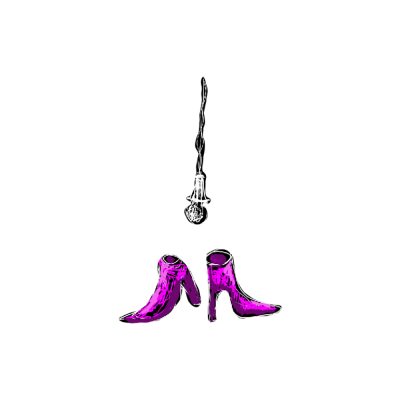
Feminists who fought and are fighting
In contrast to the principle of isolation and separation, which assumes the independence of levels of oppression from each other, comes the principle of intersectionality, which emphasises their interaction with each other, like intersecting roads that all lead to total control. Control over my body always intersected with control over the rest of my dimensions, and they all interacted to limit my access to the public sphere and restrict my presence in the private sphere at the same time. It was noticeable that each community that surrounded me was unique in applying this methodology and creating its own strategies. It was not possible for me to work against these strategies in isolation from those that control my body, but it was and still is necessary to start from here. Therefore, I have always admired the women and feminists who fought and are fighting for physical and sexual freedom, which are not isolated from other freedoms, and I have always been encouraged by their resilience and perseverance. SFJN *
XwhY
XwhY is a reader of gender and sexuality related-content that represents the problems and challenges faced by women and LGBTQIA+ communities in Syria and the region.
